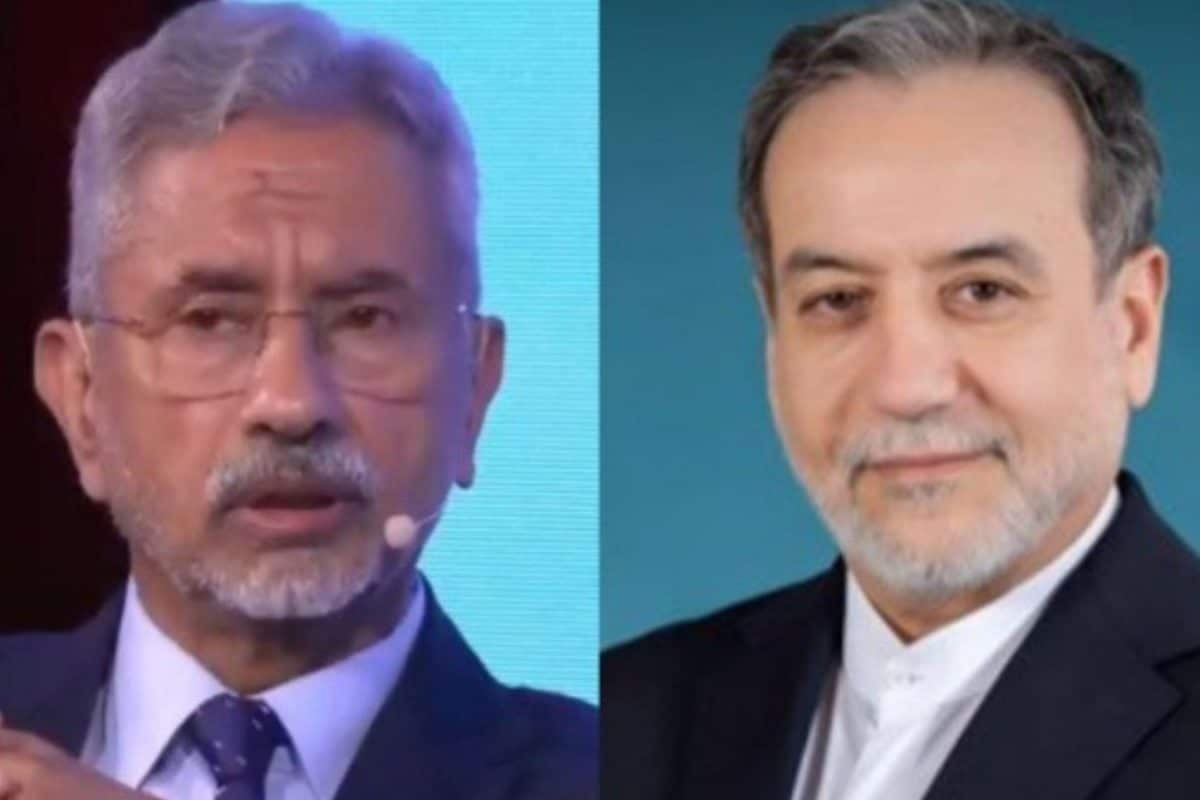

Amidst escalating tensions in the Middle East, particularly the recent conflict between Iran and Israel, India has been actively engaging with both nations to promote de-escalation and a return to diplomatic solutions. In a recent development, Iranian Foreign Minister Seyed Abbas Araghchi held a telephonic conversation with India's External Affairs Minister (EAM) S Jaishankar, during which he expressed his appreciation for "India's solidarity with Iran" and its condemnation of "Israeli regime's aggression."
According to Iran's Ministry of Foreign Affairs, during the call, Jaishankar conveyed the deep sympathies of the Indian government and its people to Iran following the Israeli attacks that resulted in the loss of innocent lives. He also reiterated the importance of strengthening international efforts to de-escalate tensions in the region, referencing his recent discussions with his French counterpart on the matter. The Indian Embassy in Iran also conveyed through a post on X that Jaishankar urged avoidance of any escalatory steps and an early return to diplomacy.
Araghchi, in turn, acknowledged and appreciated India's supportive stance and condemnation of the Israeli actions. He stated that Iran had been engaged in a diplomatic process, consulting with Omani counterparts to prepare for a new round of talks with representatives of the U.S. government. However, he lamented that the "Israeli regime's acts of aggression," including attacks within Iran, assassinations of military commanders, and the killing of civilians and academic elites, had derailed the diplomatic path.
The recent exchange between the foreign ministers highlights India's delicate balancing act in the region. While maintaining friendly relations with both Iran and Israel, India is advocating for peaceful resolution and urging restraint from both sides. This approach is in line with India's long-standing foreign policy principle of non-alignment and its commitment to fostering stability in the region.
The situation remains tense following Israel's launch of what it described as a "precise, preemptive strike" in Iran, aimed at damaging Iran's nuclear program and responding to what it perceives as ongoing aggression against Israel. Israeli Prime Minister Benjamin Netanyahu has stated that the military campaign, named Operation Rising Lion, seeks to dismantle the existential threat posed by Iran's nuclear and ballistic missile programs.
In response to the escalating situation, Jaishankar has been actively engaged in diplomatic efforts, consulting with his counterparts from other nations and urging for a collective international effort to de-escalate tensions. He also spoke with Israeli Foreign Minister Gideon Sa'ar "regarding ongoing developments". Also, Prime Minister Narendra Modi received a phone call from his Israeli counterpart. Modi shared India's concerns and emphasized the need for early restoration of peace and stability in the region.
India has also taken measures to ensure the safety and well-being of its citizens in the region, with the Indian Embassy in Iran issuing emergency contact details and advising Indians to remain vigilant, avoid unnecessary movements, and observe safety protocols.
India's engagement with both Iran and Israel reflects its commitment to promoting peace and stability in the Middle East, a region of strategic importance to India's energy security, trade, and overall geopolitical interests. By maintaining open lines of communication and advocating for diplomatic solutions, India hopes to play a constructive role in de-escalating tensions and preventing further conflict in the region.